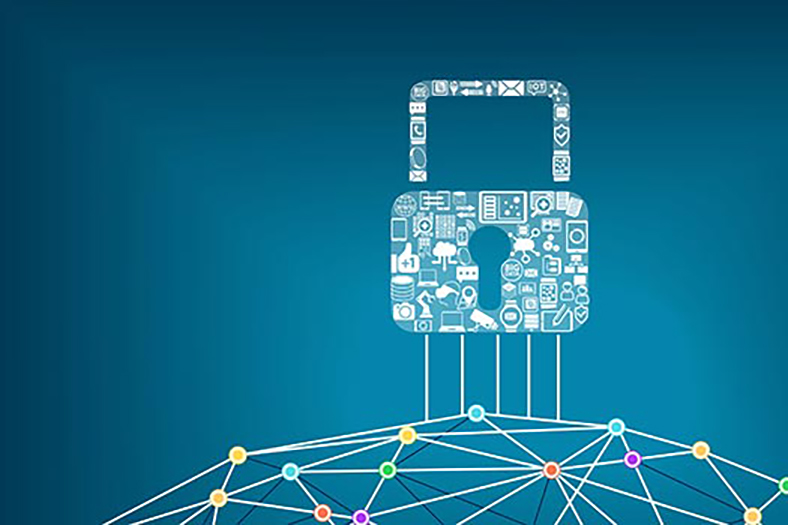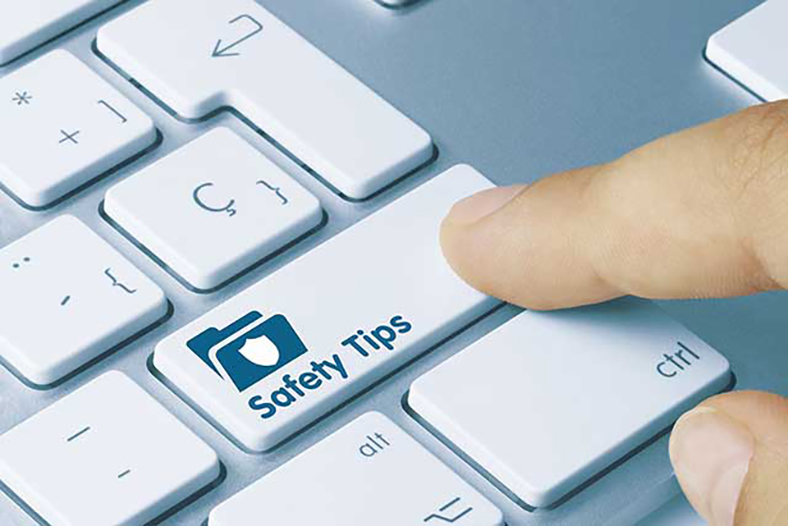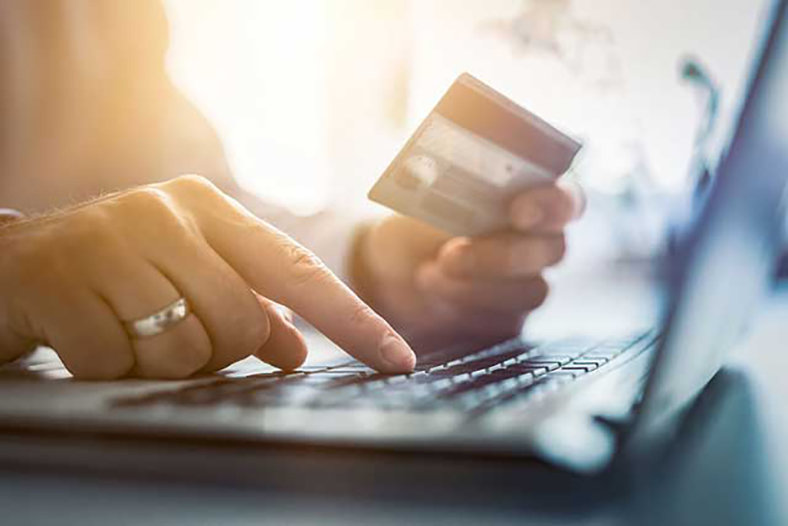
Online shopping tips to prevent fraud while shopping online.
Due to an increase in online shopping, card not present fraud has grown exponentially. Additionally, social media quizzes and challenges allow for account security question answers to be easily guessed by fraudsters.
Fraud is constantly increasing and evolving year-round. Always do your research and use caution whether you are shopping online, reading emails, or receiving texts or phone calls.

There has been an increase in fraud targeting mortgage closing companies and consumers near the closing date of their dream property.












Routing Number: 263178070
*APR = Annual Percentage Rate.